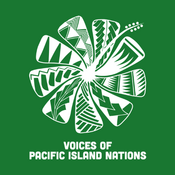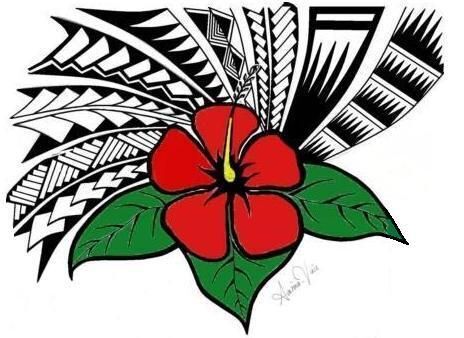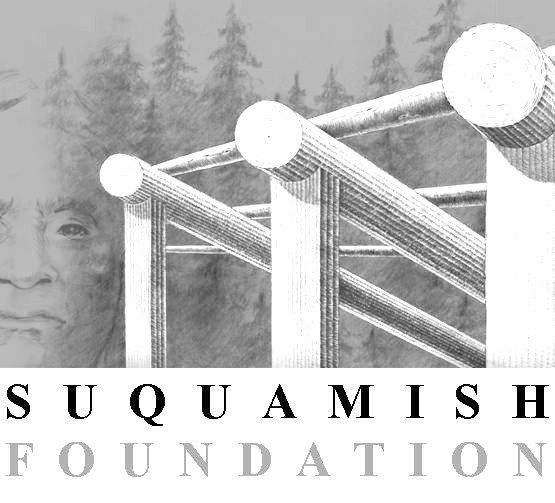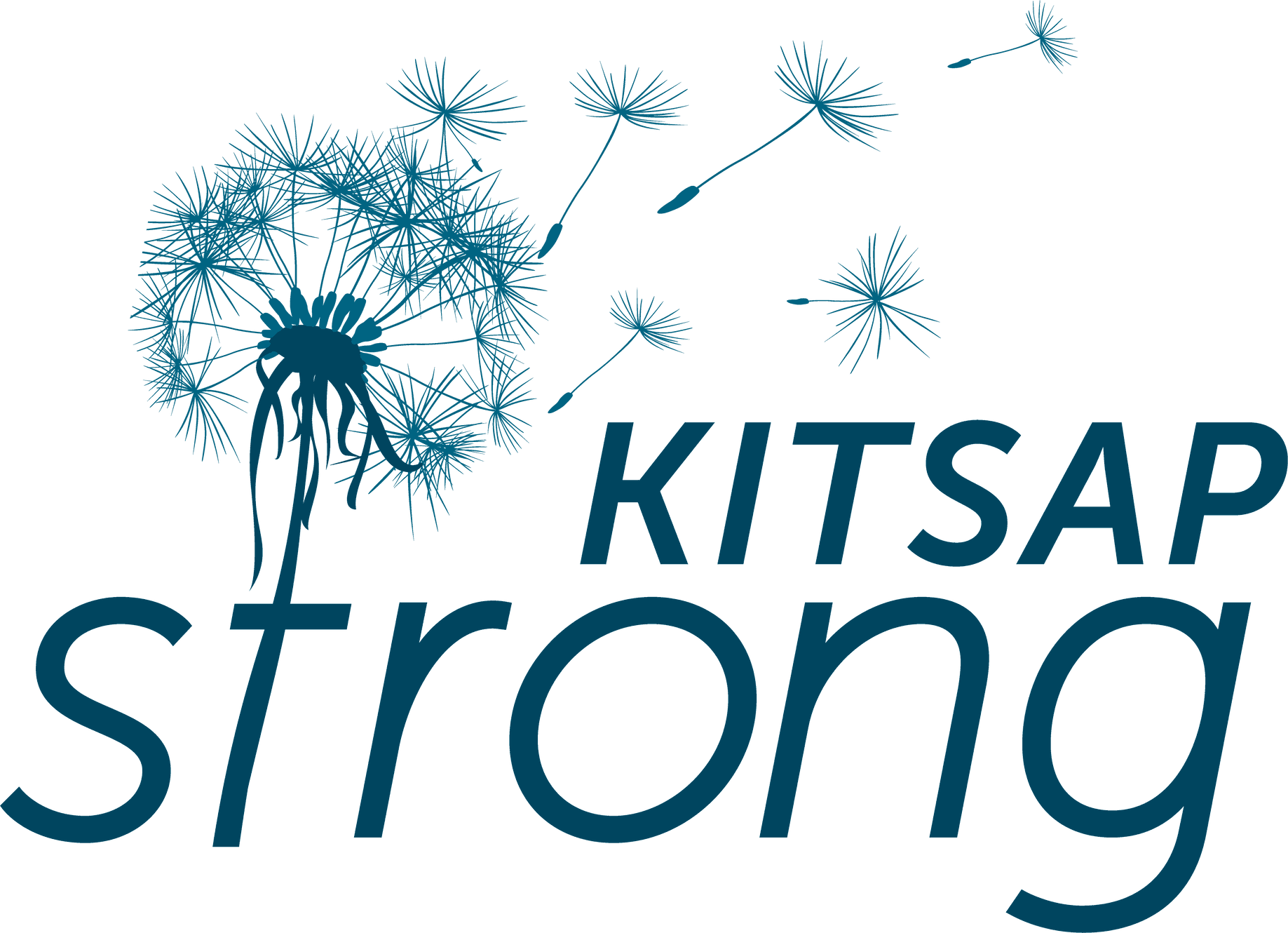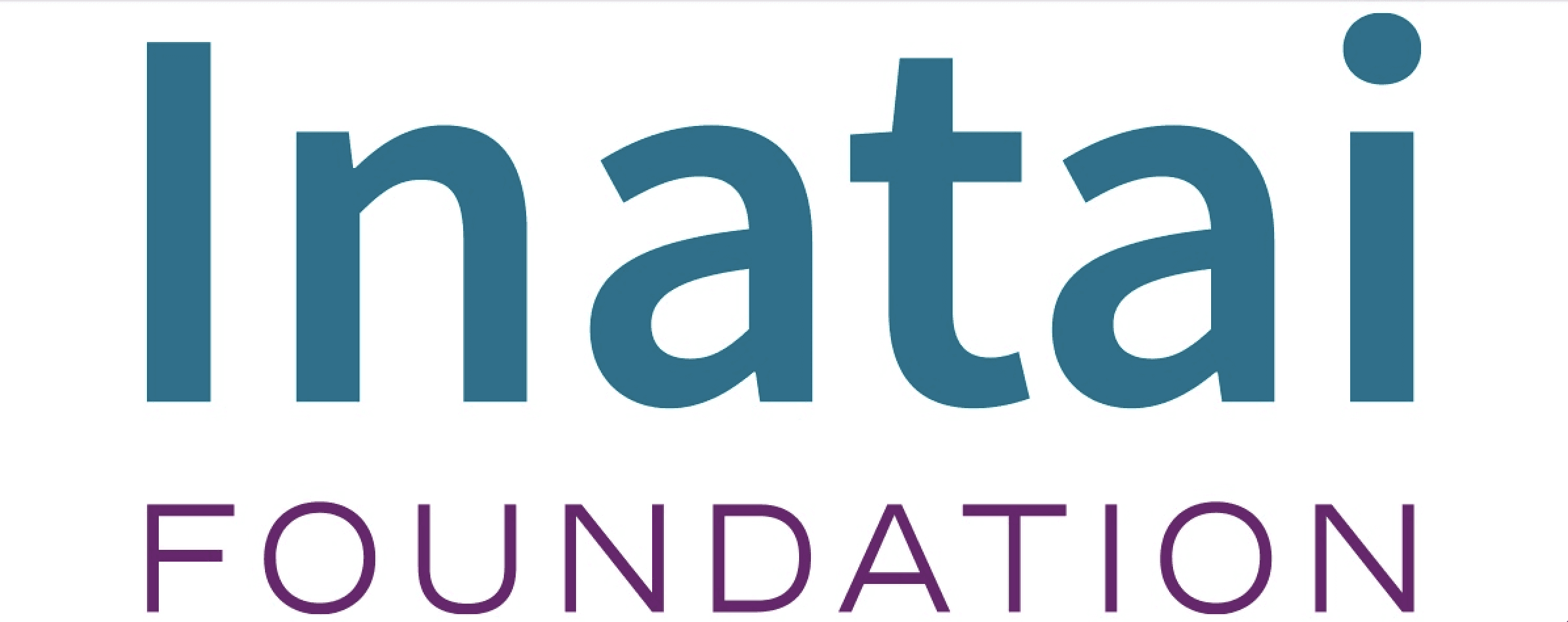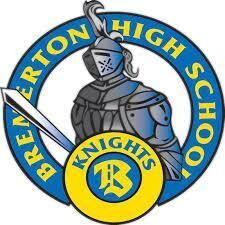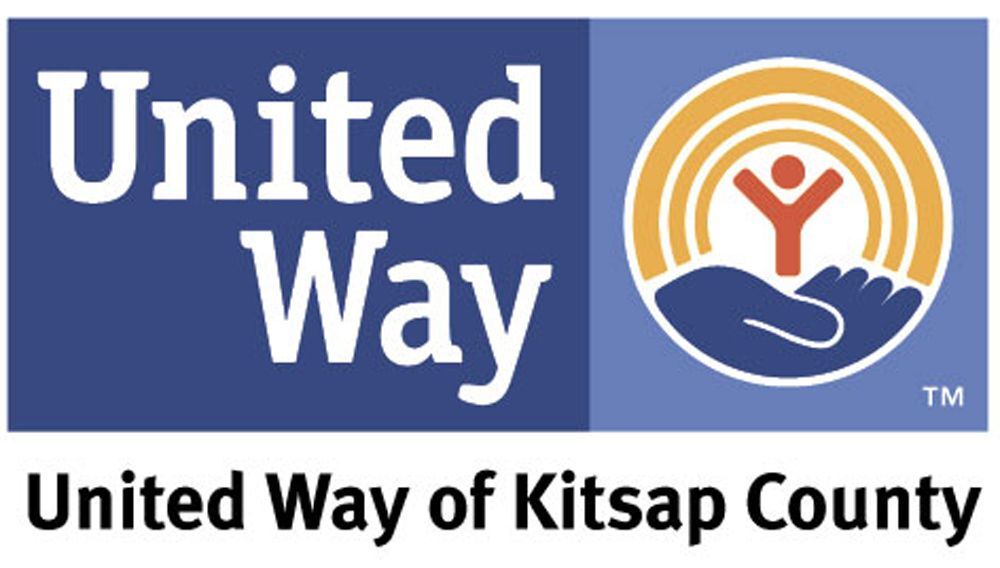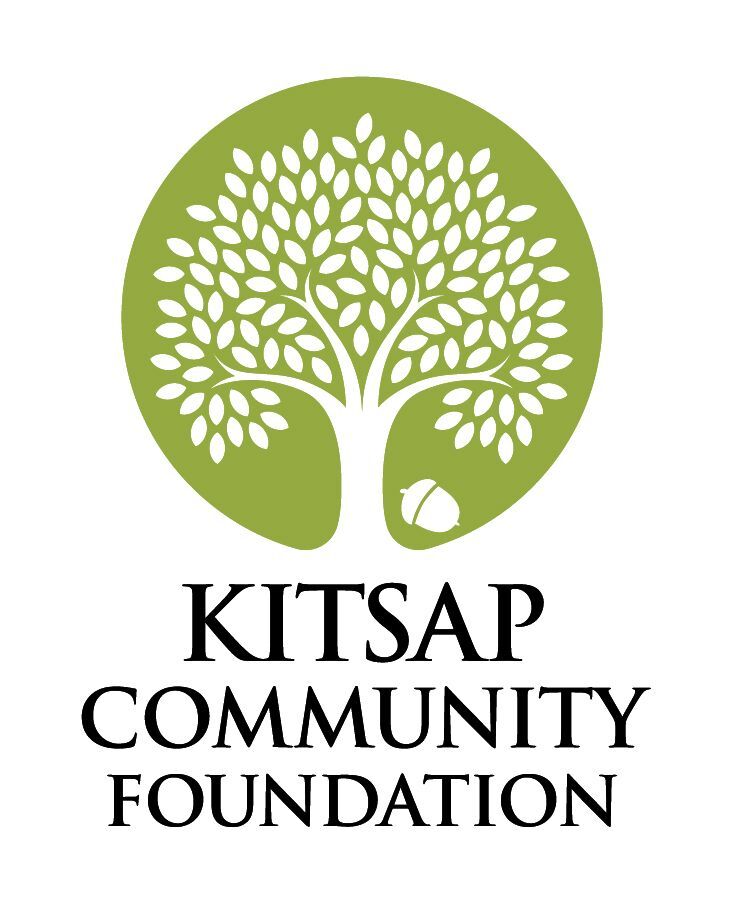The Voices of Pacific Island Nations (VOPIN) is committed to inspiring Pasefika students and families by providing, culturally responsive services and resources to eliminate educational and opportunity inequities. We serve as a bridge to develop stronger relationship between students, schools, families, and the community.
YOUTH & YOUNG ADULTS
Listening may be all that's required!
For every happy story, there are ten-plus untold and unheard stories of children dealing with trauma. According to the 'National Child Traumatic Stress Network (NCTSN),' multiple factors contribute to a child's traumatic experiences and can interfere with learning. Children from marginalized communities are the most vulnerable to traumatic experiences: How do you fathom when a tenth-grader walks up to you and says, 'I'm quitting school because I have to work to feed my family?' How can you tutor math when students seeking assistance in math lack the basic math application of multiplication, addition, and subtraction?
We must provide every opportunity for our children to thrive in their challenges and eliminate educational and opportunity inequities that prevent them from obtaining a prosperous future. As guardians of children, we must establish relationships with our children to make them feel safe and secure. Young people are more likely to succeed when they experience developmental relationships with important people in their lives (Search Institute).
Developmental relationships allow our children to:
1) Discover who they are,
2) Develop abilities to shape their own lives, and
3) Learn how to engage with and contribute to the world around them.
Even into adulthood, we are proud of our children's successes, and every child deserves a chance to be successful! The term or the concept of 'Developmental Relationships' sounds like a scientific research or a study concept that is foreign to most of us. However, relationships between children and adults are formed in multiple ways. Listening is the beginning and may be all that's required for a lasting relationship!
Congratulations to the Class of 2022!
'Malo fai ole faiva' is a Samoan proverb to describe your achievement that families, friends, and community yearn for and enduring all of your hard work to achieve your goals and dreams! To all the graduates, you have arrived at the doorway of a long journey of trial and tribulations that begins with a single step. May the good Lord guide you in your journey to seek prosperity and integrity.
Scholarship Opportunities
1. Board of Directors Youth Member
2. Student Research Practice
ARTS & CULTURE
Fa'afetai tele ~ Thank you, Suquamish Tribe!
"O Oe loe Samoa" language pilot project was made possible with a grant from Suquamish Tribe, Kitsap County.
"O Oe loe Samoa ~ You are Samoan"
(Language Pilot Project)
The theme: O Oe loe Samoa, embodies language, heritage, and principles. Language is our primary source of communication. It's the method through which we share our ideas and thoughts with others. Every culture has its own language that represent its heritage and principles.
The fundamental of the Samoan language is the survival of the Samoan heritage. The Samoans believe their language is a form of communication with the ancient and modern gods, a symbol of respect, and the connection between the past and present. Samoans didn't have a written language before the arrival of explorers. Before the written language, the Samoan legacy was passed from generation to generation in verbal form. According to the National University of Samoa (NUS), Samoa includes the islands of Tutuila, Manua, Upolu, and Savai'i. In other words, Samoa was a group of islands with one language, culture, and principles. However, imperialism divided Samoa into two separate groups.
In 1900, Eastern Samoa (Tutuila and Manua) became the United State Territory of American Samoa. In 1962, Western Samoa (Upolu and Savai'i) gained its independence from New Zealand and became the Independent State of Samoa or Samoa. The islands' division created a complex misunderstanding of the legacy of Samoa. The NUS is attempting to assemble all of Samoa's communication that would be consistent with its heritage.
The Director and Co-Founder of Wikitongues explains why language is a frequent target of oppressors, and why having an active connection to one's mother tongue and culture can have profound effects on mental health:
Well, languages, they’re kind of the glue that binds a community together. When you take a people’s language from them, you’re taking the way they express their cultural heritage, their commonality. It’s a destruction of community really. And there are few instances of language persecution that aren’t tied to broader kinds of persecution. If we look at the United States, the history of persecuting indigenous languages is tied directly to broken treaties, land theft, genocide. Yiddish in Europe is directly tied to the loss of Yiddish in Europe among Ashkenazi Jews is directly tied to the Holocaust, et cetera.
It is terrible to have your culture taken from you. And it’s been demonstrated that in places where language revitalization is active, mental health is usually better. People do better in school, there are lower suicide rates, lower rates of substance abuse. And that’s because when you’re able to connect with your parentage, that’s a really important thing for your mental health (www.babble.com).
The importance of language is that it shapes the individual's thought-process and perception of how they view the world. It also helps to define the concept of culture in society because culture and language are closely connected. Just imagine if your native language was threaten by external challenges.
Pacific Identity
Medal of Honor Recipient
Born on November 25, 1890, in New Washington, Aklan Province, Panay, Philippines, Telesforo de la Cruze Trinidad enlisted in the U.S. Navy after the United States took possession of the archipelago in the wake of the Spanish-American War. In 1901, President McKinley signed an executive order to allow the enlistment of 500 Filipino Sailors into the U.S. Navy. Trinidad enlisted when John D. Long (Secretary of the Navy) signed General Order No. 40, placing McKinley's executive order into effect.
Trinidad was deployed to San Diego on January 21, 1915, and was assigned to the USS San Diego, when an explosion occurred on board in fireroom No. 1 resulted in five Sailors killed and seven injured. Fireman Second Class Trinidad risked his life and rescued two wounded Sailors, resulting in himself getting burned in the face by a blast from the explosion. For his bravery, he became the first and only member of the armed forces of Filipino descent to be awarded the Medal of Honor in 1915 and a $100 gratuity from the U.S. Navy.
Citation of Award:
“For extraordinary heroism in the line of his profession at the time of the boiler explosion on board the U.S.S. San Diego, 21 January 1915. Trinidad was driven out of fireroom No. 2 by the explosion, but at once returned and picked up R.E. Daly, fireman, second class, whom he saw to be injured, and proceeded to bring him out. While coming into No. 4 fireroom, Trinidad was just in time to catch the explosion in No. 3 fireroom, but without consideration for his own safety, passed Daly on and then assisted in rescuing another injured man from No. 3 fireroom. Trinidad was himself burned about the face by the blast from the explosion in No. 3 fireroom (https://www.history.navy.mil).”
On May 19, 2022, 107 years after the incident, the United States Secretary of the Navy, Carlos Del Toro, announced that a future Arleigh Burke-class guided-missile destroyer would be named USS Telesforo Trinidad (DDG 139). According to journalist Momar G. Visaya: An initiative led by the USS Telesforo Trinidad Campaign (USTTC) has been working to make this dream of memorializing Trinidad’s selfless dedication to the Navy and the country a reality. The group is composed of serving and retired U.S. Armed Forces, community and civic leaders, academics, corporate executives, and veterans’ families. The USTTC was founded in 2020 by Col. Nonie C. Cabana, USAF (Retired), who serves as its Executive Director, and chaired by Captain Ronald Ravelo, USN (Retired), the first Filipino American to command a nuclear-powered aircraft carrier. USTTC garnered massive support across the country led by veterans’ and civic organizations, local, state, and national legislators, and grassroots support from many individuals.
Although the Philippines was separated from the United States in 1946, the 1947 agreement between the United States and the Republic of the Philippines allowed the continued voluntary enlistment of Filipinos into the U.S. armed forces after the separation. Tens of thousands of Filipinos have served in the U.S. Military since President McKinley's executive order in 1901.
Telesforo de la Cruze Trinidad died at the age of 77, on 8 May 1968. He is buried at Imus Private Cemetery in Imus, Philippines.
What's happening in the Neighborhood?
A Special shout out to our Friends and Neighbors
Fa'afetai tele, Mahalo, Si yu'us ma'ase, Malo aupito, Vinaka, Kilisou... ~ Thank you!
Village Green Foundation
Unko's Kitchen, Silverdale
Ono Poko Too, Kingston
Eckel Tech
Thank you for your continuous support to VOPIN's mission and vision!
VOPIN relies on the support of the community, friends, and partners to continue providing culturally responsive services and resources to eliminate educational and opportunity inequities for our children and families.
Thank you for your generous and continuous support!
